

People have two missions on April Fool’s Day — to play a prank on someone else and to not fall victim to one. Gullibility is not a quality to advertise on April 1 of all days.
All jokes, fake stories, and pranks should be in good fun. People are expected to trick friends, colleagues, and relatives — and in some countries complete strangers, resulting in epic pranks — so most victims are not offended and just laugh along.
The tradition may have originated in France in the 16th century, when King Charles IX wanted to switch to the Gregorian calendar and make the New Year, which until then had begun on April 1, start on January 1 instead. Those who accepted the new calendar started making fun of the old one and the people who still followed it, and played jokes by sending people to run ridiculous errands.
Another theory is that April Fool’s Day comes from a popular Roman festival, Hilaria, which celebrated Cybele, or the “Great Mother of the Gods.” The occasion was marked with pranks and games that had no limits.
Whatever the true origin of the day, what doesn’t change is its purpose — to trick people and have fun doing it. How that’s done varies across the world.
To compile a list of countries that celebrate April Fool’s Day differently, 24/7 Wall St. consulted dozens of online travel guides and local travel blogs. The following list is a selection of 18 places that stood out.
Click here to read about how April Fool’s is celebrated in 18 countries from around the world.
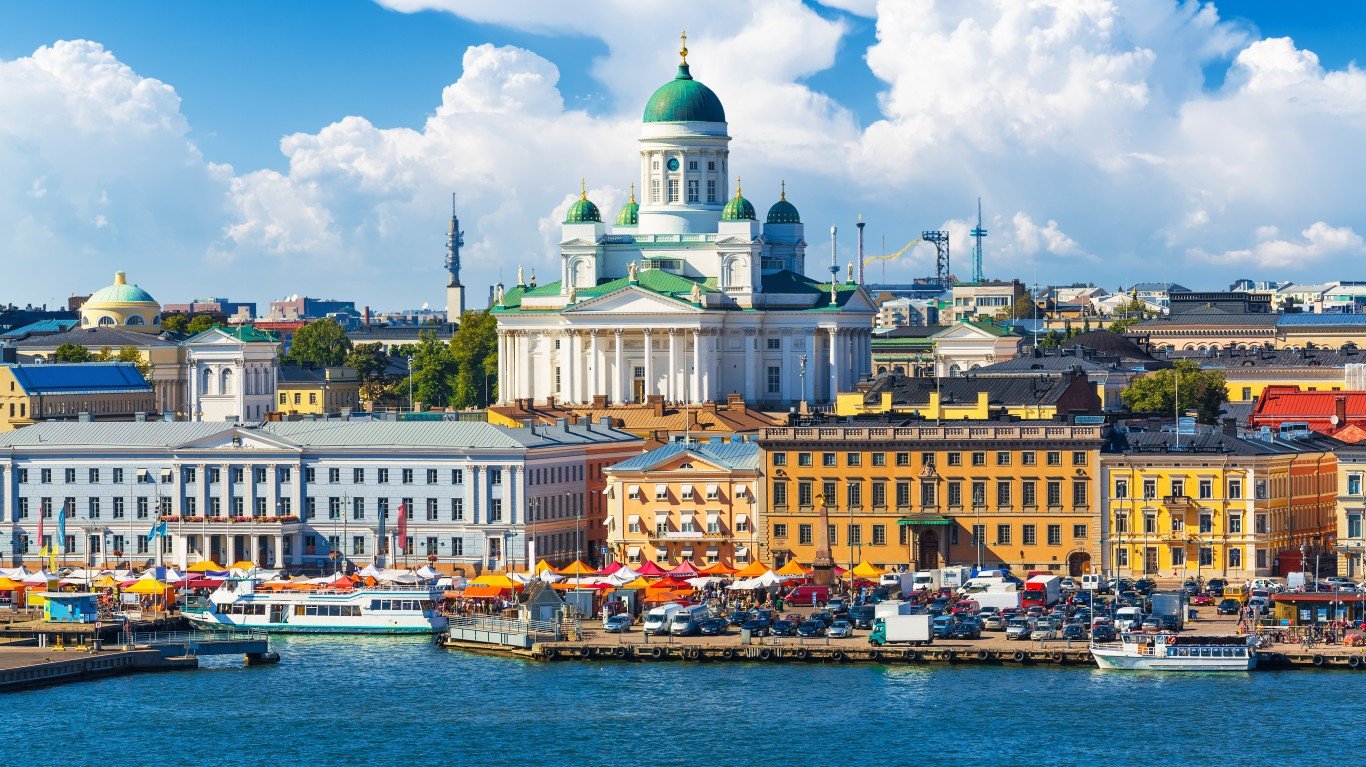
1. Finland
Unlike most places, April Fool’s Day is not marked on Finnish calendars — presumably as a way to keep the day a surprise for those who forget about it. Perhaps that’s also why most jokes are carried out in the morning — before people realize what day it is. If the trick is a success, the prankster sings: “Aprillia, syö silliä, juo kuravettä päälle!” This means “It is April, eat herring and drink dirt water on top!” And yes, it makes no sense at all.
[in-text-ad]

2. Greece
April Fool’s Day in Greece has morphed into a superstition. The belief is that if a person successfully tricks someone else, the prankster will be lucky throughout the rest of the year. In some parts of the country those making the jokes are believed to have good crops. In other parts, you may want to carry a bucket on April 1, because the rainwater is believed to have healing powers.

3. Scotland
Scottish people take April Fool’s Day very seriously — it was even a two-day event in the 18th century. April 1 used to be Hunt the Gowk Day, gowk meaning a fool. The gowk would be given a sealed message reading: “Dinna laugh, dinna smile. Hunt the gowk another mile” to deliver to someone. That tells the recipient he or she is to send the gowk to deliver another message, also sealed, to someone else. And this would continue until the gowk realized he had been tricked, and there really no message. The next day, Tallie Day, was dedicated to playing other tricks on people, like sticking a “kick me” note on their backs. The former tradition is dying out, but the latter is alive and well.
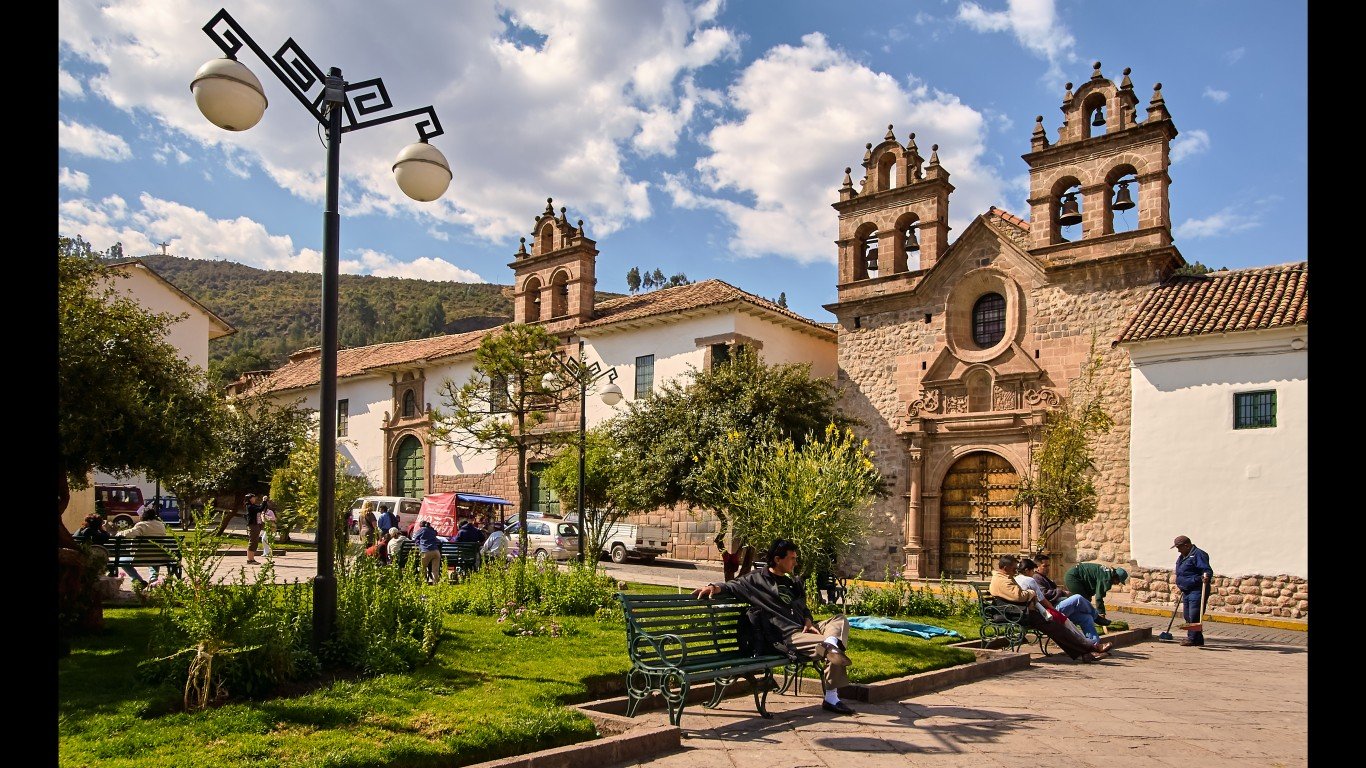
4. Peru
Peru celebrates the equivalent of April Fool’s Day on December 28 and it’s called the Day of the Innocents. The tradition dates back to the Middle Ages. The day was dedicated to mourning the killing of boys under the age of two in Bethlehem on the order of Herod the Great. People started celebrating “the feast of fools” by giving children free reign. All kinds of jokes were allowed. Today, people are advised not to lend anything of value to others to avoid becoming April Fools. Joking about a pregnancy, putting salt instead of sugar in beverages, and hooking a paper doll on a person’s back are popular jokes in Peru.
[in-text-ad-2]

5. France
April Fool’s Day in France is known as Poisson d’Avril or April Fish. The most famous prank is to tape a paper fish on another person’s back. The tradition can be traced all the way back to 1564 and it has to do with a king and the Church. The New Year used to begin on April 1 until the King of France decided to change it to January 1. Those who accepted the new calendar started making fun of the old one. One way was to play tricks on people who still celebrated the new year at the beginning of April, which coincided with Lent. Meat was not allowed but fish was. And so, as a joke, fake fish were used to mock unsuspecting victims.
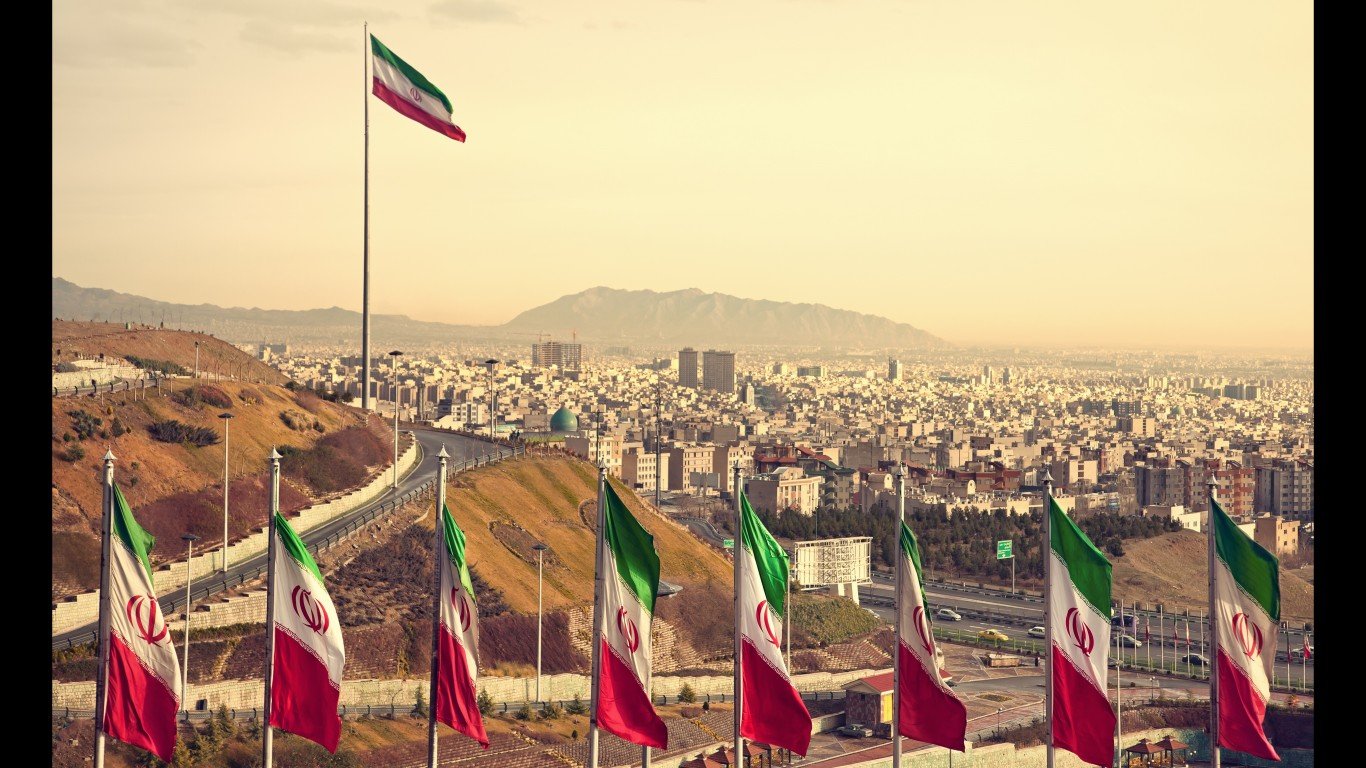
6. Iran
People in Iran celebrate April Fool’s Day as Sizdah Bedar, or Nature Day. It’s a traditional festival that falls on the 13th day of the Persian New Year, which usually is on April 1 or 2. The tradition is to spend time in nature and go out picnicking, and it dates back to 536 BC. And people prank each other too. Locals will scare complete strangers on the street and then apologize, explaining it’s all in good fun.
[in-text-ad]
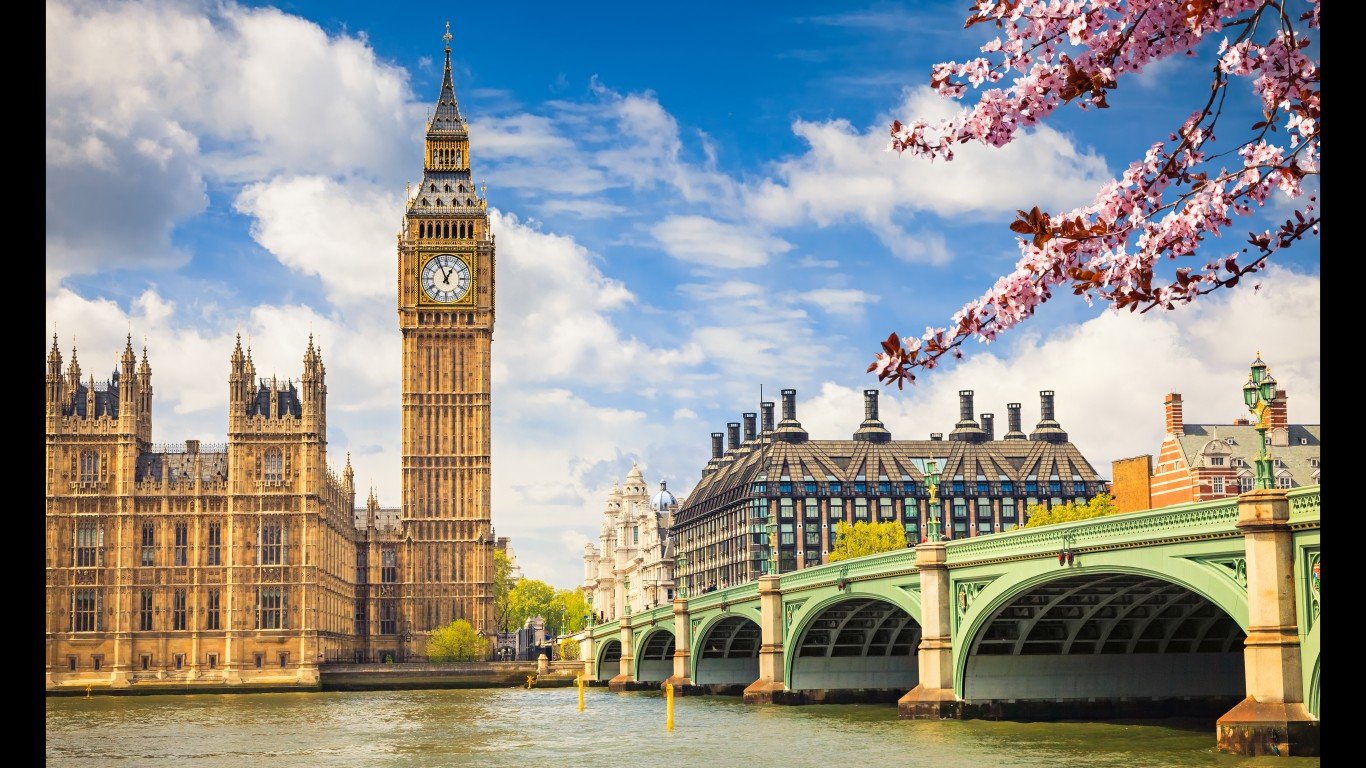
7. England
If you play jokes on people before noon in England and they fall for them, then they are April Fools. But if you do it after noon, then you are the fool. Fake news is also common. One of the most famous examples is from 1957 when the BBC showed Swiss farmers picking spaghetti from trees. So many people called the station to ask where they could by the spaghetti plants that the BBC had to announce the program was a hoax.
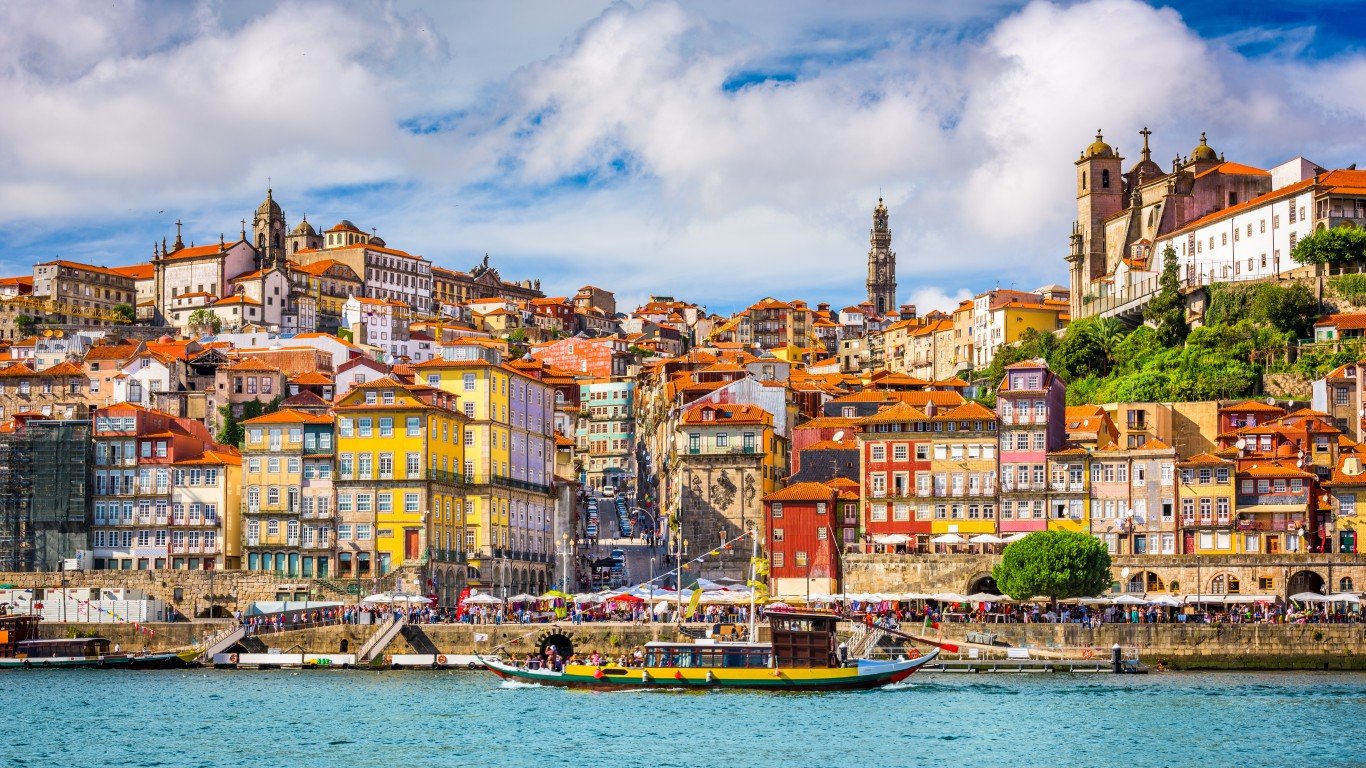
8. Portugal
April Fool’s Day is celebrated on the Sunday and Monday prior to Lent. And the Portuguese way of marking the occasion is unique — throwing flour on someone, and most people go for the face.
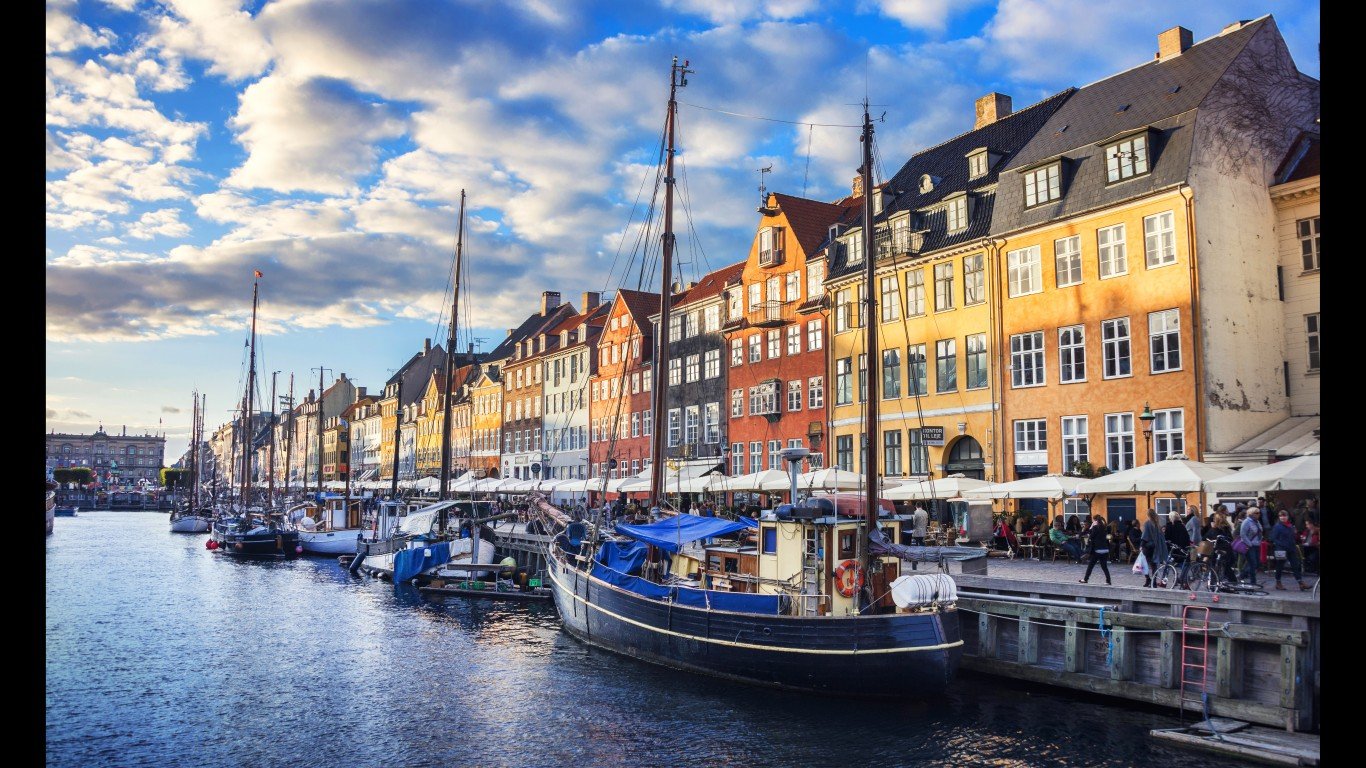
9. Denmark
April Fool’s Day in Denmark is called Maj-Kat (May-cat in English) and is celebrated on May 1, even though many still mark the occasion on April 1 when it’s called Aprilsnar. The media makes the day even more fun as many people like to search for the fake news on TV, newspapers, radio, or online. But the media is not exclusively the prankster and falls for fake press releases all the time.
[in-text-ad-2]

10. Italy
As in France, April 1 in Italy is celebrated as Pesce d’Aprile, or April’s Fish. While people play all kinds of tricks on others, one specific prank is very common throughout the country. People tape a paper fish on someone’s back. Then people in the room start asking if anyone has seen April’s Fish, and the only person who hasn’t is the unsuspecting victim who has it on his or her back. Pranking is such a big deal that the media announces a winner for best trick the next day. Government institutions also get involved by issuing fake press releases, saying for example that Martians are attacking, or that free money is being handed out at a certain place.
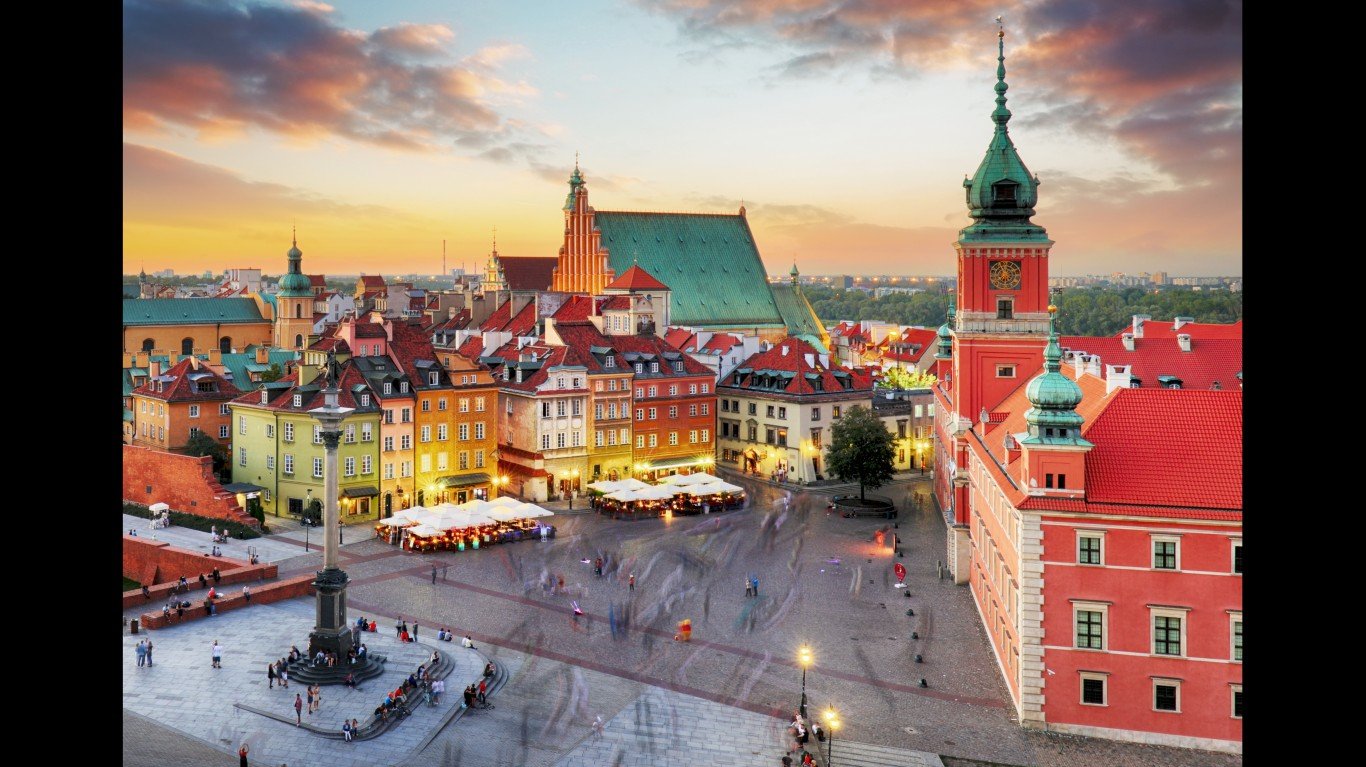
11. Poland
Polish people take prima aprilis, or April 1, very seriously. No important work is done on this day because they know anything is possible. The tradition dates back to 1693. The government decided that year to move the signing of an anti-Turkish alliance to March 31, because signing on Fool’s Day might bring an undesired outcome. General advice for the day is to not trust anyone.
[in-text-ad]

12. Iraq
April 1 in Iraq is known as Kithbet Neesan or April Lie. It is celebrated as in the rest of the world — by pranking friends and family and by publishing fake news. However, some jokes have become dark — like telling your mother-in-law her son has been arrested. Jokes have come to reflect people’s daily experiences with terrorism, kidnappings, and killings, as report by some media outlets.
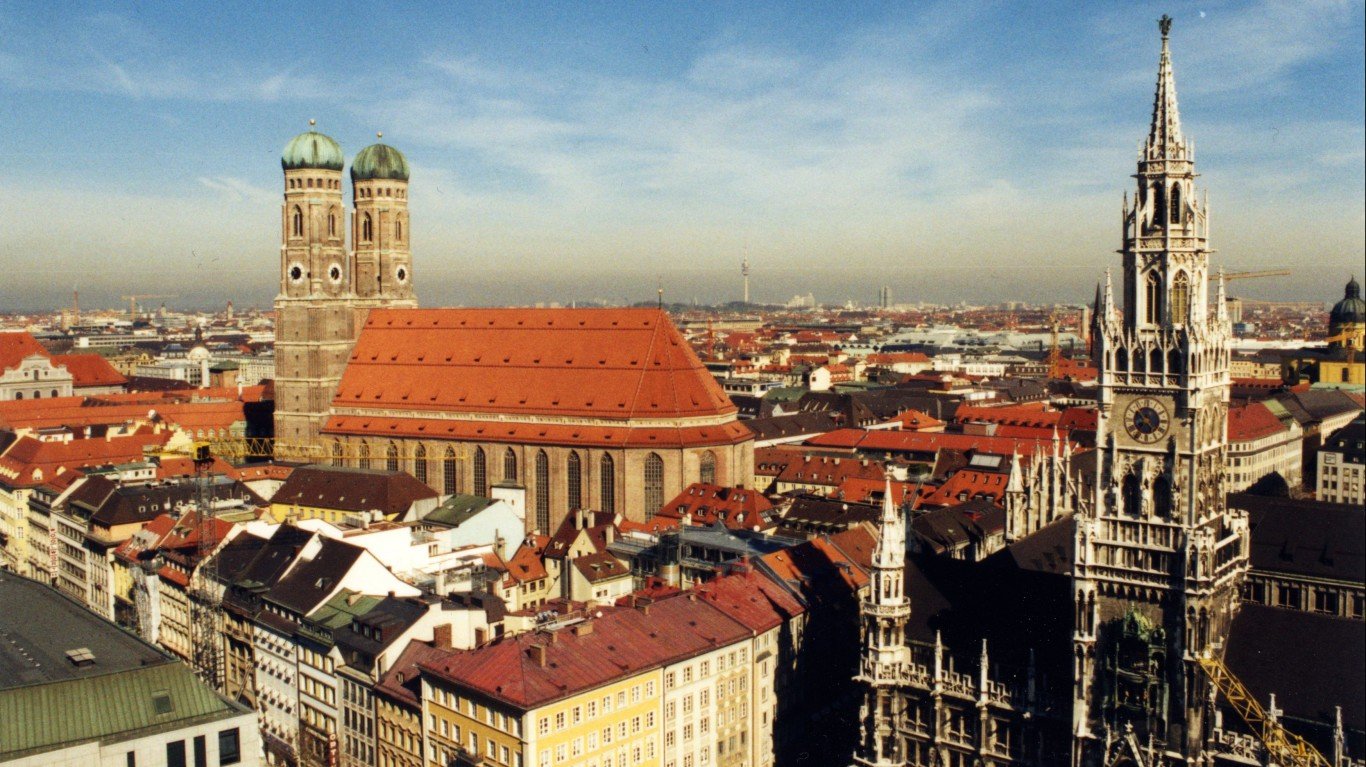
13. Germany
Germans try to prank each other with practical jokes. These include sending people on fool’s errands and making up elaborate but ridiculous stories in hopes of convincing them they are true. This is called “sending someone into April,” a phrase that dates back to at least 1618. The media has been getting involved for centuries, too. The first joke to appear in a newspaper was published in 1774 and it was advice on how to breed multi-colored hens.

14. India
People in most of India celebrate the day like the rest of the world — by pranking colleagues, neighbors, friends, and family. In some parts, however, customs vary greatly. In the northern part of India, associated with the Hindu Holi festival which celebrates the beginning of spring, people throw colored powder or water on their “victims.” There used to be a Feast of Fools, during which people lived as someone else from a different caste, gender, or age.
[in-text-ad-2]
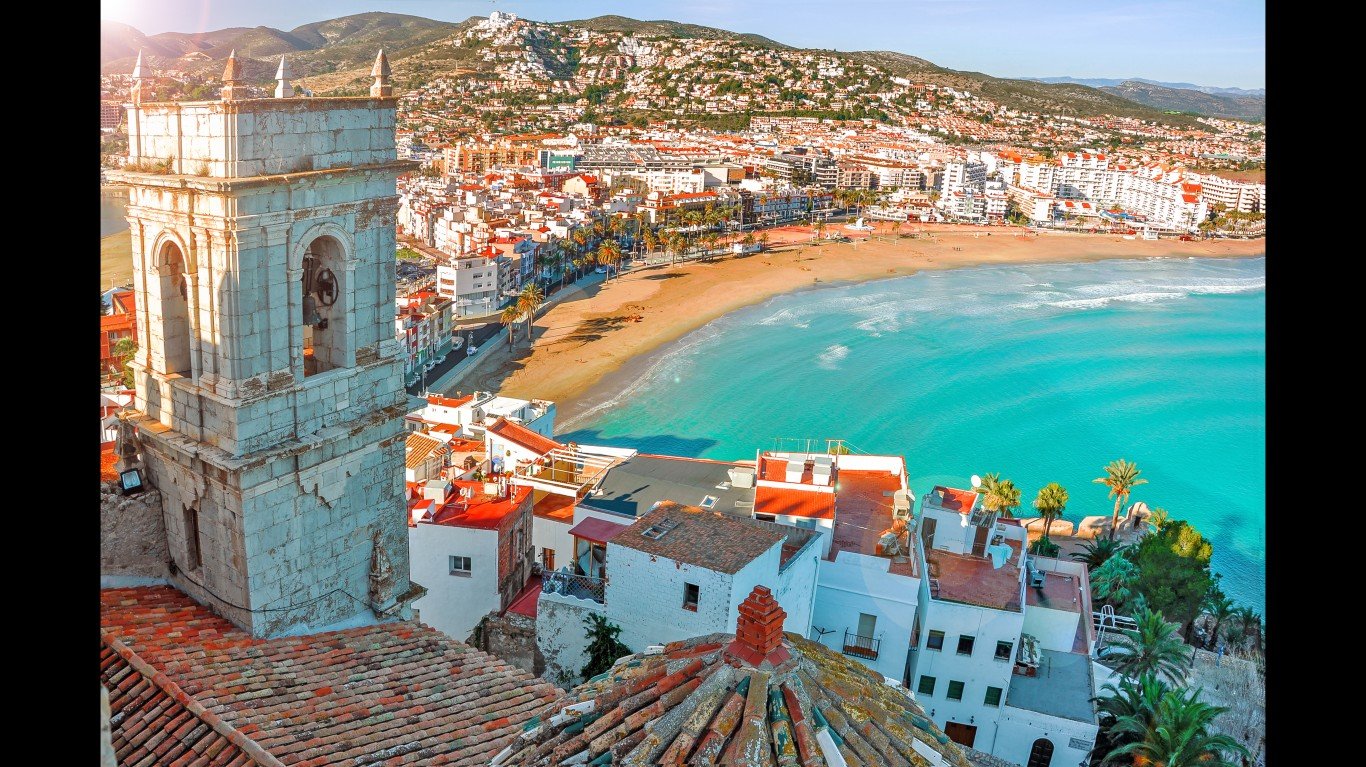
15. Spain
April Fool’s Day is not particularly popular in Spain and Latin America. Their equivalent is December 28, which is called el DÃa de los Santos Inocentes, or the Day of the Holy Innocents. People play jokes on each other and shout out “Innocent one!” instead of “April Fool!” The media runs fake news on December 28 as well. People in one town in Alicante have been marking the day with a food fight for about 200 years. The purpose today is to raise money for charity.
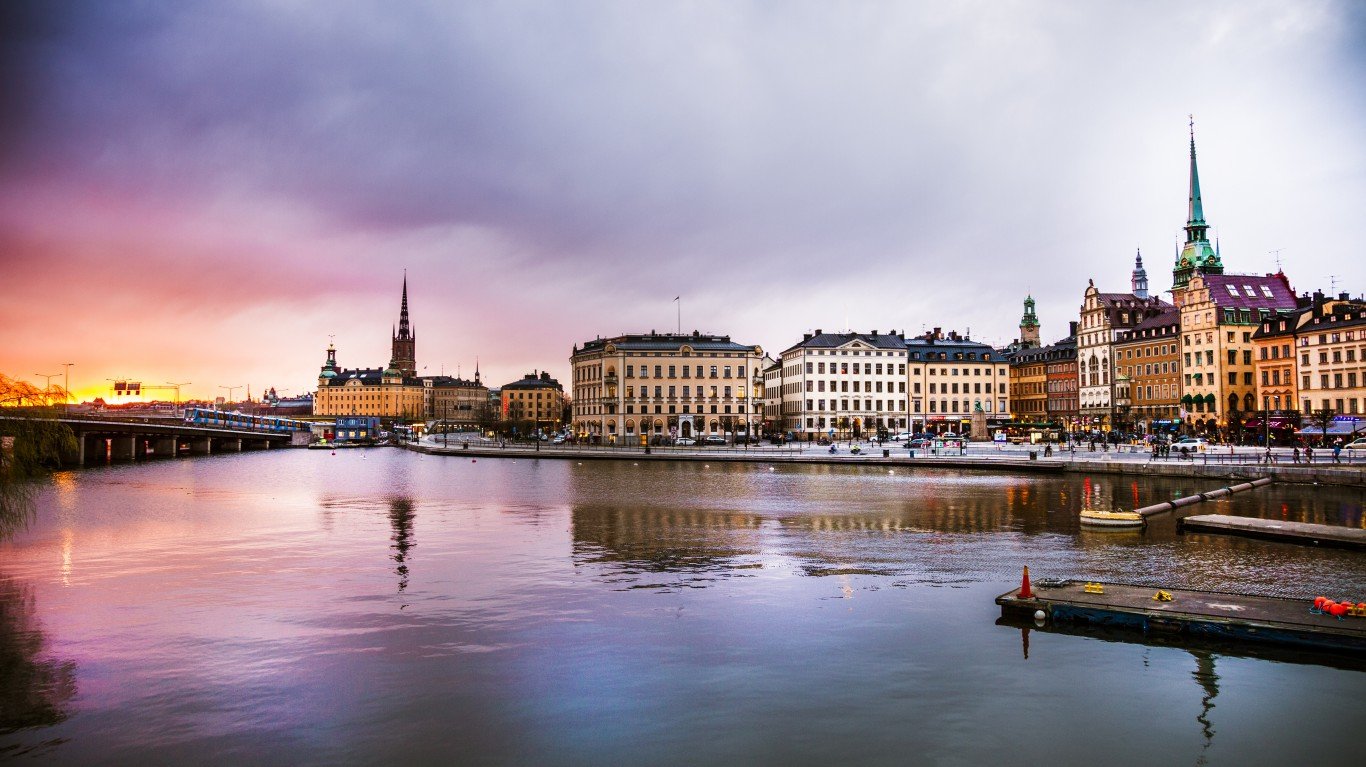
16. Sweden
After successfully playing a trick on another person, the prankster is supposed to say “April, april din dumma sill, jag kan lura dig vart jag vill,” which means “April, April you silly herring, I can fool you anywhere I want to.” It may be quite long, but the joke is not complete without it. Last year’s best Swedish joke may have been “Power Outage at Skansen – over 130 animals, including monkeys, zebras and bears roaming Stockholm inner city streets …” A newspaper ran one of the most famous Swedish jokes ever in 1980. It said that daylight saving time had been introduced and all watches and clocks were wrong. Confusion ensued and no one was really sure what time it was. (DST was actually introduced on April 6, 1980.)
[in-text-ad]

17. Brazil
April 1 is known in Brazil as “o dia das mentiras,” which means the day of lies, or “dia dos bobos,” meaning day of fools. The day became popular for pranks in 1828, when a satirical paper, A Metira, published an article about the death of the emperor and founder of Brazil, Don Pedro. In its very last edition, the paper published a non-existent address telling its investors they could go there to receive money they were owed. Today, some Brazilians still call April 1 Dia de Mentira after the satirical publication that popularized it. Locals take the jokes lightly because they believe white lies are a way to make life better in the modern world.

18. Ireland
Celebrations in Ireland are much like in the rest of the world, but they have to stop at noon, or the joke is on the prankster. A popular joke, that no one falls for anymore, is that people have to start driving on the right. The last time a similar joke was successfully executed was in 1980 when a newspaper in West Berlin announced the British part of the city would start driving on the left. People still talk about a fake article published in 1965 that claimed prohibition was to be introduced in Ireland.
Sponsored: Attention Savvy Investors: Speak to 3 Financial Experts – FREE
Ever wanted an extra set of eyes on an investment you’re considering? Now you can speak with up to 3 financial experts in your area for FREE. By simply
clicking here you can begin to match with financial professionals who can help guide you through the financial decisions you’re making. And the best part? The first conversation with them is free.
Click here to match with up to 3 financial pros who would be excited to help you make financial decisions.
Thank you for reading! Have some feedback for us?
Contact the 24/7 Wall St. editorial team.
 24/7 Wall St.
24/7 Wall St. 24/7 Wall St.
24/7 Wall St. 24/7 Wall St.
24/7 Wall St. 24/7 Wall St.
24/7 Wall St.
